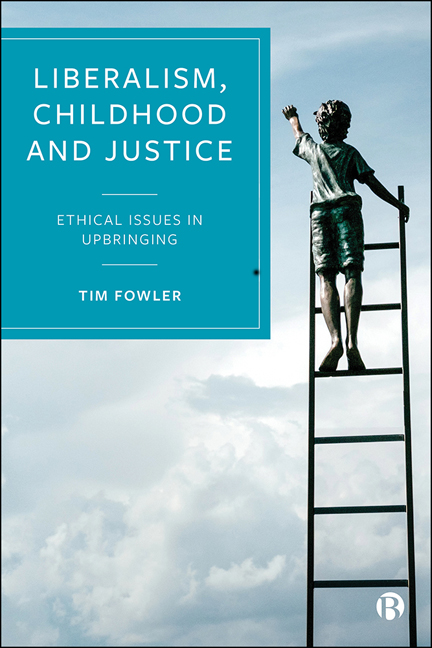4 - Welfare across the Lifespan
Published online by Cambridge University Press: 25 February 2021
Summary
In this chapter I discuss the different ways that childhood can contribute to a flourishing life. First, there are the intrinsic benefits of childhood; a happy and contented childhood contains more goods than a sad one and the person whose childhood was happy probably has a better life because of this. Secondly, childhood has preparatory or instrumental benefits, things that add value because they confer later benefits when the person becomes an adult. While childhood makes both intrinsic and instrumental contributions to a person's flourishing, there has been debate about the relative importance of these different effects. Some have argued that children lack the ability to access many of the most important components of flourishing, such that a good childhood is mainly about preparing for a flourishing adulthood. Others have argued that childhood is itself the site of distinctive values that are essential for a good life and that an overly preparatory childhood leaves a person impoverished.
In response, I argue that while the intrinsic and preparatory benefits of childhood can certainly conflict, the tension between them has been overstated. Many of the most important goods are things which we access through a combination of actions and events that happen during our childhood and adulthood. The gradual and intentional development of one's talents and powers confer value independently of the achievements that these talents allow, and relationships which persist over a long time gain special importance. This view shows why childhood is an essential and intrinsic part of a good life but one whose value is not reduced merely to fun or play, which are the widely discussed examples of intrinsic goods of this stage of life.
Childhood and flourishing: the predicament view
Proponents of the predicament view suggest that childhood is a regrettable state to be in. A modest version of this thesis is that a period of childhood, say a year, is worse for a person than a similar period of adulthood, while a strong version is that childhood is an actively bad state. Both versions imply that childhood provides at best a relatively small direct contribution to the value of a life, and the implication is that childhood's main contribution will be through its effects on adulthood.
- Type
- Chapter
- Information
- Liberalism, Childhood and JusticeEthical Issues in Upbringing, pp. 31 - 42Publisher: Bristol University PressPrint publication year: 2020



